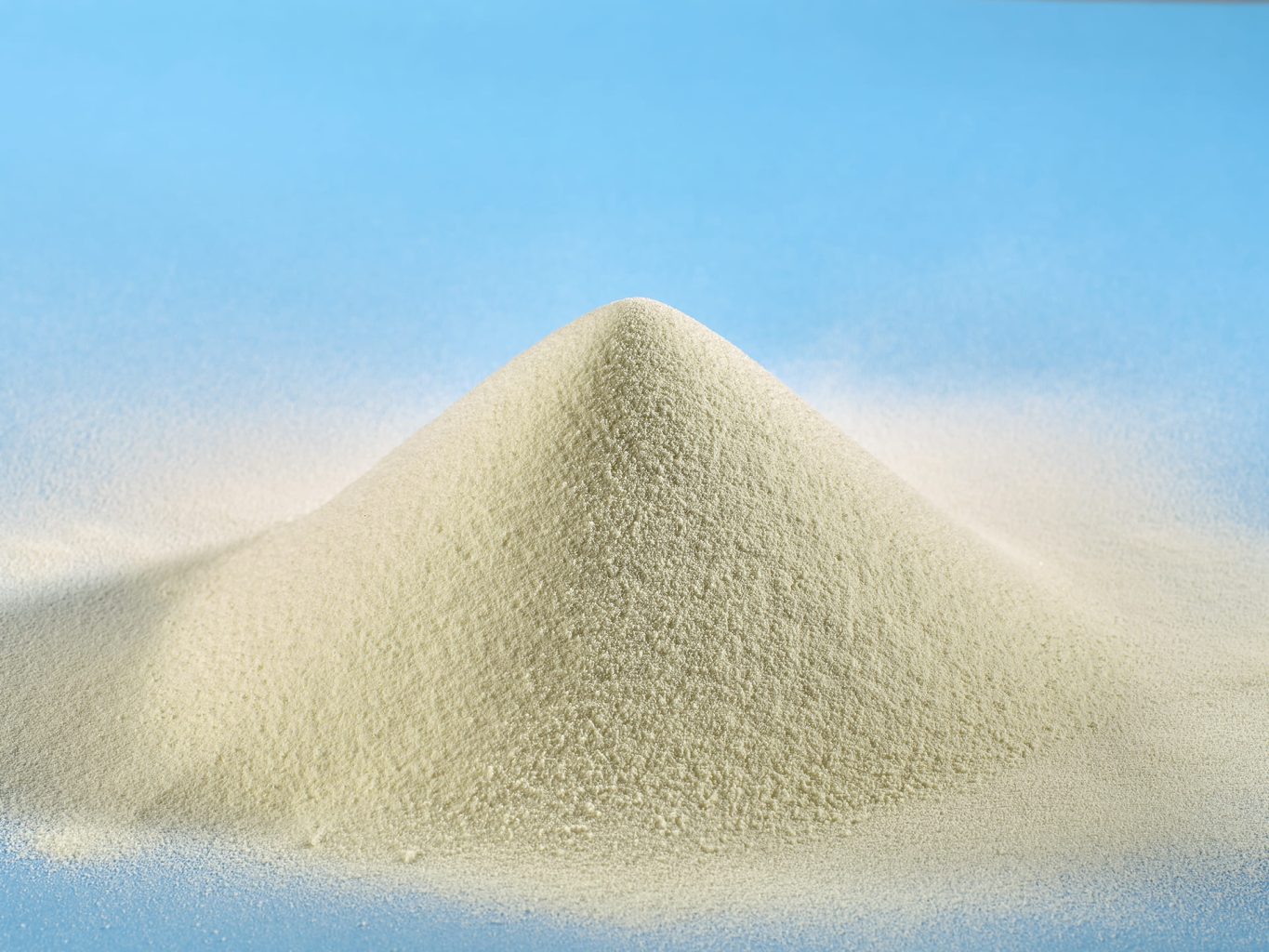eska-en
What are the Substances that Prevent Mold Formation in Bakery Products?
What are the Substances that Prevent Mold Formation in Bakery Products?
The first rule of preventing mold growth in the bakery sector is the strict implementation of business and employee hygiene rules. As a second step, it is important to use certain substances to prevent mold growth. You can find detailed information about these products below;
Protectors
Common ingredients used to inhibit mold growth in bakery products include calcium propionate, potassium sorbate and sodium benzoate. These preservatives work by changing the pH of the product or interfering with the metabolic processes of the mold.
For more information on prices, technical support and more information about these products, please see our website or contact us. Our team of experts will be happy to support you to help you select and use the most suitable preservative for you.
Antioxidants
Antioxidants such as ascorbic acid (vitamin C) and tocopherols (vitamin E) can help prevent mold growth in bakery products. These substances can reduce mold growth by slowing down the oxidation process of products and preventing the degradation of lipids (fats). They are particularly effective when used in products that are not low in fat content, such as bread. Antioxidants help minimize mold growth by extending the shelf life of products and keeping them fresh.
Acidulants
Ingredients such as citric acid and lactic acid are often used to lower the pH level of bakery products. These acids keep the products in an acidic environment, which creates a less favorable environment for mold growth. Lowering the pH can inhibit or slow the growth of mold and other microorganisms. Therefore, the use of acidifiers can be an effective strategy to prevent mold growth in bakery products.
Emulsifiers
Emulsifiers such as lecithin and mono- and diglycerides help to homogeneously distribute water and fat in baked goods. This reduces moisture variability in the product, minimizing the environment that can encourage mold growth. By stabilizing the combination of water and fat, emulsifiers improve the texture of the product and extend its shelf life. In this way, they help prevent mold growth while maintaining the quality and safety of the products.
Moisturizers
Humectants such as glycerin and sorbitol help to retain moisture in baked goods. However, they can also inhibit mold growth by reducing water activity and helping to bind water in the product, creating an environment where mold growth is difficult. These humectants keep the product fresher for longer and minimize mold growth, while at the same time preserving the flavor and texture of the product. Humectants are therefore an effective preventive measure used in bakery products.
Packaging
Appropriate packaging methods, such as vacuum sealing or modified atmosphere packaging (MAP), can be effective to extend the shelf life of bakery products and prevent mold growth. These methods limit the growth of mold-causing microorganisms by controlling oxygen and moisture levels in the product’s environment.
Vacuum sealing is the process of removing air from the package and then sealing the package tightly. This reduces the product’s contact with oxygen and makes it more difficult for mold to grow.
Modified atmosphere packaging (MAP) is the process of controlling the atmosphere inside the package, reducing the oxygen level and injecting a suitable gas mixture. This method preserves the quality of the product, while helping to prevent mold growth and extending shelf life.
Both packaging methods help to keep products fresh while minimizing mold growth. Therefore, using appropriate packaging methods is important to ensure the quality and safety of bakery products.
You can find prices for these products on our website; you can also leave a message on our website for technical support.

